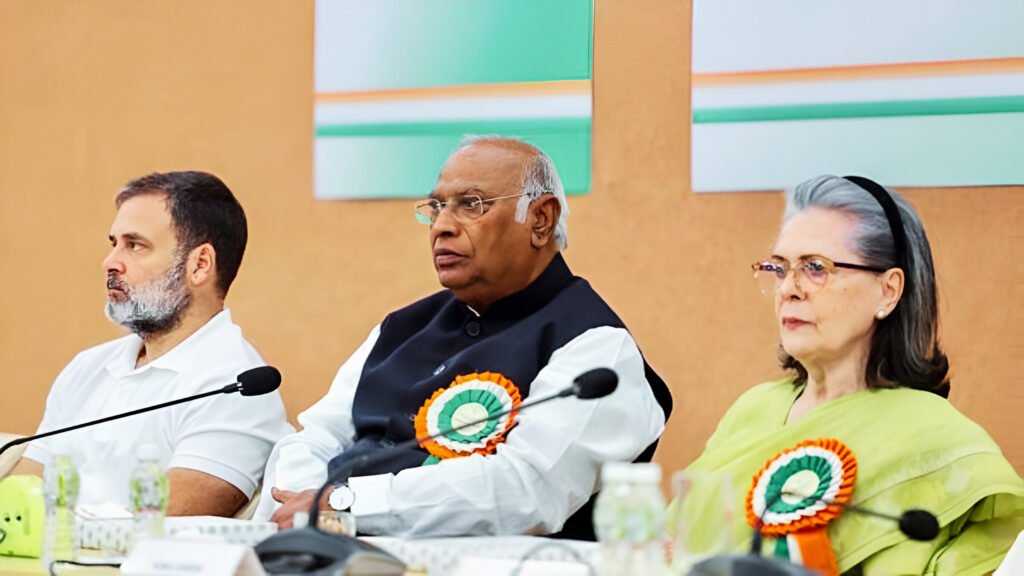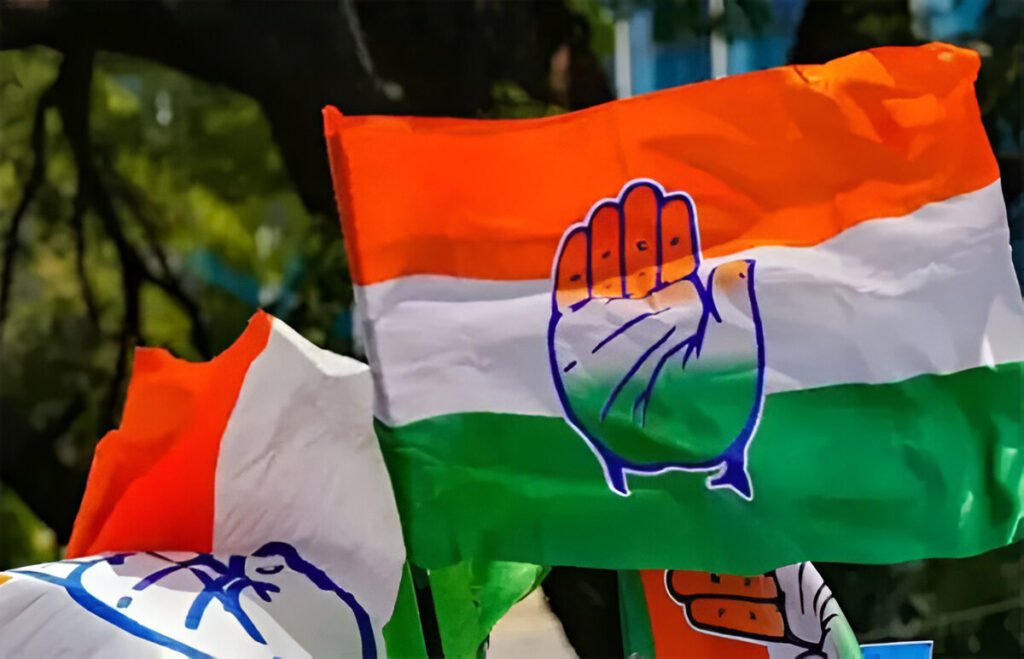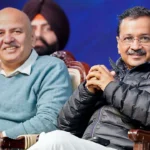
In a significant political development ahead of the All India Congress Committee (AICC) session, the Congress party has unveiled a fresh and nuanced draft roadmap titled Nyay Path—a bold recalibration of its ideological stance and political strategy aimed at taking on the ruling Bharatiya Janata Party (BJP) in the run-up to the 2024 general elections. At the heart of this renewed Congress vision lie themes of social justice, national harmony, and an inclusive brand of nationalism, signaling a departure from mere anti-BJP rhetoric to a more proactive, issue-driven agenda.
From Secularism to National Harmony
One of the most striking aspects of the draft resolution discussed at the extended Congress Working Committee (CWC) meeting was the party’s deliberate shift from the traditional term “secularism” to “national harmony.” This rebranding is not just semantic. It reflects the Congress’s effort to reframe the national discourse in more inclusive and relatable terms, particularly in a time of increasing polarization.
The draft emphasizes India’s pluralistic roots and the Ganga-Jamuni Tehzeeb, asserting that the soul of the nation lies in its cultural and religious diversity. It reiterates that the Indian Constitution is anchored in non-discrimination—be it based on religion, caste, language, dress, or food. This section subtly contrasts the Congress’s vision with what it calls the BJP’s attempts to divide the country along religious and linguistic lines.
Social Justice as Core Ideology
The Congress’s new draft doesn’t merely touch upon social justice—it places it at the ideological core of the party. Rahul Gandhi, who made a strong intervention during the CWC discussions, championed increased outreach to Other Backward Classes (OBCs) and demanded reservations in the private sector for the most deprived sections. According to Gandhi, reclaiming support among backward, extremely backward, and most backward communities, especially in states like Uttar Pradesh, is not just a moral imperative but a strategic one for electoral revival.
Importantly, the draft reminds the nation of Congress’s historical legacy in pushing for affirmative action. It recalls the landmark constitutional amendment introduced by Jawaharlal Nehru in 1951 (Article 15(4)), the implementation of the Mandal Commission report in 1993, and the addition of Article 15(5) in 2006 to provide 27% reservation for OBCs in educational institutions. In doing so, the Congress seeks to portray itself not only as a supporter but also as a pioneer of social justice in India.
Rahul Gandhi’s Candid Tone
In a political landscape where the fear of backlash often mutes voices, Rahul Gandhi’s statements stood out. He urged the Congress not to shy away from using words like Muslim, Christian, or Sikh, calling out the reality that these communities are under increasing threat. Yet, in a nod to electoral balance, other party members flagged the importance of not alienating the Hindu community—a delicate line the Congress will have to walk carefully.
Gandhi’s remarks signal a more confident and assertive Congress—one willing to speak truth to power while striving to expand its social coalition.

Reclaiming Nationalism from the Right
Another major pillar of the Congress’s new approach is its attempt to reclaim nationalism. The draft resolutely contrasts the Congress’s vision of nationalism—one that binds and unifies—with what it calls the BJP/RSS’s “pseudo nationalism”, which it alleges thrives on division, exclusion, and manufactured discord.
Held at the Sardar Vallabhbhai Patel National Memorial, the CWC meeting was rich in symbolism. The Congress prominently displayed images of Patel alongside Mahatma Gandhi and Jawaharlal Nehru, subtly contesting the BJP’s claim over Patel’s legacy. A separate resolution was passed celebrating Patel as a “flagbearer of the freedom movement”, while party president Mallikarjun Kharge addressed attempts to drive a wedge between Patel and Nehru as “conspiracies” lacking a historical basis.
Building a Party of the Future
Congress MP Shashi Tharoor provided a reality check. He highlighted the need to woo back voters who had distanced themselves from the party over the last three elections. With the Congress’s vote share stuck between 19-20% since 2014, Tharoor stressed the urgency of crafting a positive narrative, one that inspires hope and outlines a credible plan for governance rather than merely reacting to BJP’s provocations.
This vision aligns with what the Congress hopes to be—a party of the future, not just of historical legacy. The draft and discussions reflect a willingness to evolve, adapt, and adopt bold stances.
Organizational Reforms in the Pipeline
While most of the focus was on ideological repositioning, Congress also acknowledged the need for grassroots-level organizational reform. President Kharge emphasized that electoral numbers mean little without a strong and active organization. AICC General Secretary K C Venugopal announced plans for a massive organizational reshuffle and empowerment of District Congress Committees (DCCs)—a step critical to mobilizing support across India’s diverse electorate.
Final Thoughts
With Nyay Path, the Congress has taken a significant step toward reshaping its political identity and challenging the dominance of the BJP not just by criticism, but by articulating a bold, affirmative vision for the country. Whether this draft translates into electoral success remains to be seen. But one thing is clear: the Congress is no longer content playing defense. It is preparing to contest the narrative, reclaim lost ground, and re-engage with India’s diverse electorate through a message rooted in justice, harmony, and inclusive progress.
Only time will tell how this roadmap fares, but Congress seems ready to travel it with renewed vigor.







